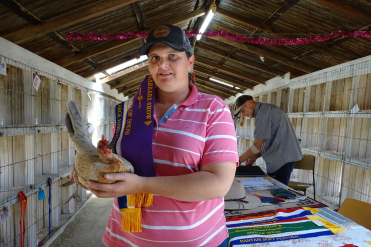For many years, with support from the Pandemic Influenza Preparedness (PIP) Framework, WHO has facilitated the development of laboratory diagnostic capacities for influenza in South-East Asia. Enabling effective networking between influenza laboratories has been a key part of this work, both within countries and at the international level, through the Global Influenza Surveillance Response System (GISRS) and other disease-specific networks.
In 2019, focal points for National Public Health Laboratories established an informal regional network to strengthen laboratory preparedness for public health emergencies. Participants at the consultation identified strategic interventions to improve laboratory capacities across multiple focus areas including communications, testing, specimen referral and transport, and quality management.
An effective platform
Since the emergence of COVID-19, the new informal regional laboratory network has proved an effective platform for exchanging knowledge, referring samples and mobilizing technical expertise and resources to support the pandemic response. For example, the network’s webinar platform provided the means for rapid communication, with network members able to quickly share information that was constantly changing as new evidence continued to emerge. This was especially helpful during the early phases of the pandemic, when countries were still busy establishing their SARS CoV-2 diagnostic capacity, and the platform was used to share experience and expertise.
Throughout the pandemic, the network has been a critical source of expertise that could be deployed to boost laboratory diagnostic capacities when and where they were needed, for example during surges.
Today WHO continues to use the informal regional network to support rapid information exchange around new policies, strategies, guidelines and evidence about laboratory diagnosis. WHO is also working to develop a directory of laboratories within and outside South-East Asia to enhance capacities for specimen referral for PCR testing, genomic sequencing and bioinformatics analysis.
Challenges ahead
Despite these achievements, a number of fresh and persistent challenges and gaps in laboratory diagnostic capacities remain. During a 2021 meeting, participants identified the lack of a unified national laboratory data management system, quality management system and frameworks for specimen referral, genomic sequencing, and local validation/regulation of test kits as key challenges, alongside the maintenance of essential laboratory equipment. With the help of participating experts, the network has developed a set of strategic interventions to address these gaps.
The COVID-19 pandemic showed the value of effective networking among public health laboratories for responding to public health emergencies. Looking ahead, the network could prove particularly beneficial as a source of mutual support and optimal use of resources in a region where countries vary significantly in terms of national capacities.






